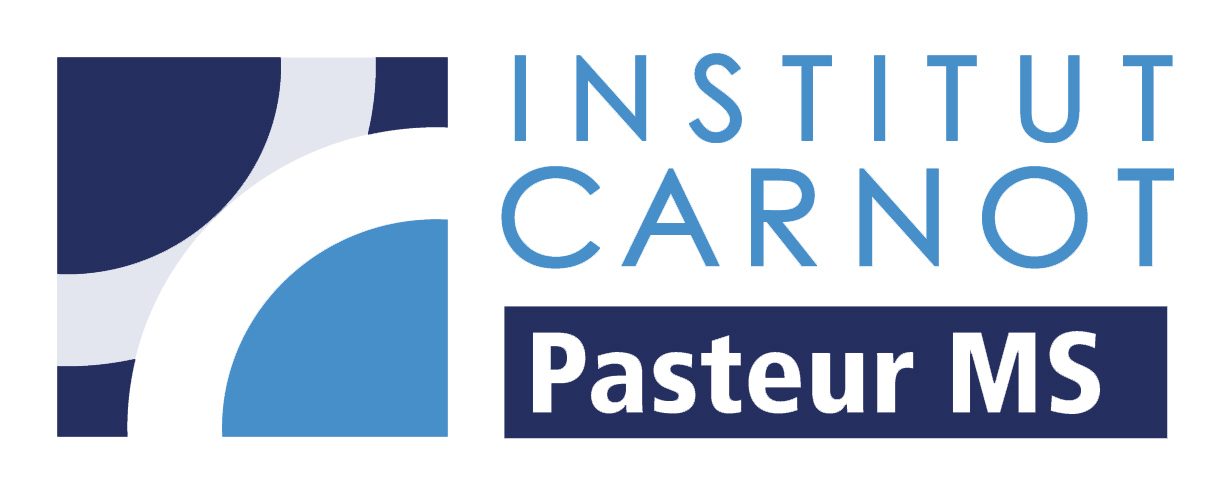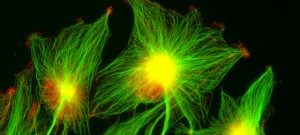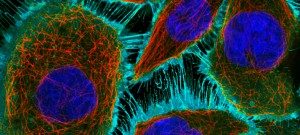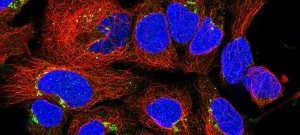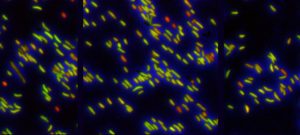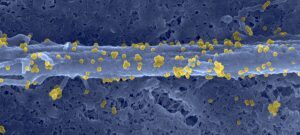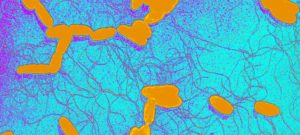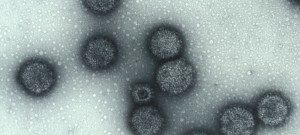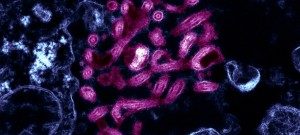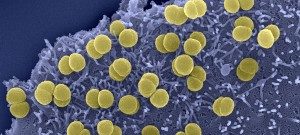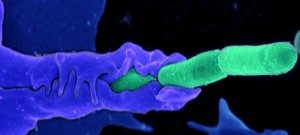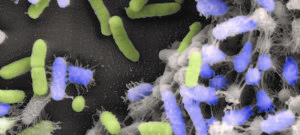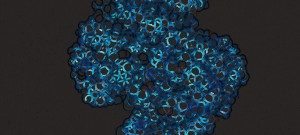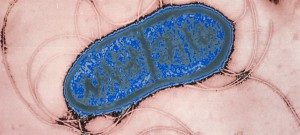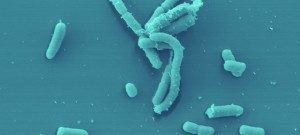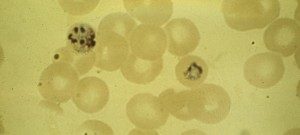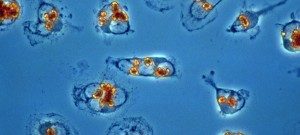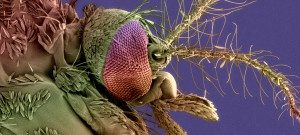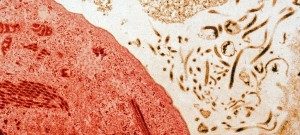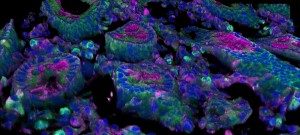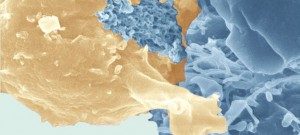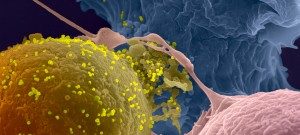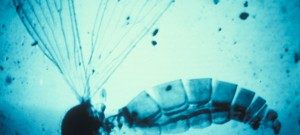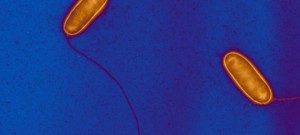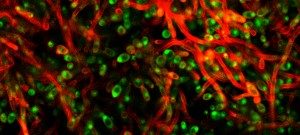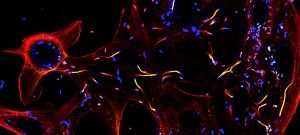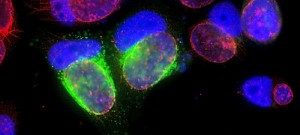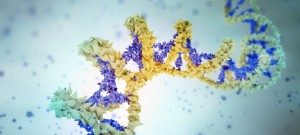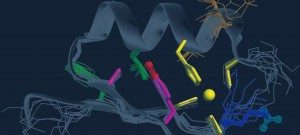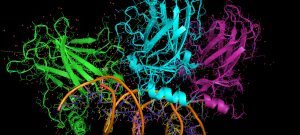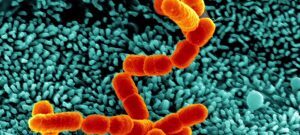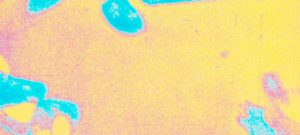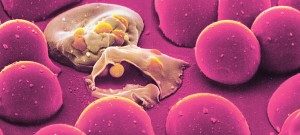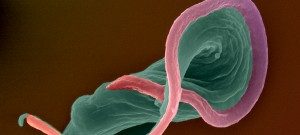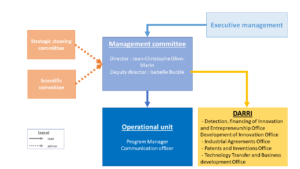Carnot, label of excellence
Founded in 2006, the Carnot Label, granted by the French government, was designed to develop partnership-based research, meaning research conducted by public laboratories in partnership with socio-economic players, primarily industry (from SMEs to large corporations), to serve their needs. A Carnot Institute is a research organization which places partnership research led with, and for, industry, at the heart of its strategy. Carnot institutes are recognized for both their high scientific standards and their professionalism and commitment to developing high quality partnership research.
The institut Carnot Pasteur Microbes & Santé
Since 2007, the institut Carnot Pasteur Microbes & Santé (Pasteur MS) has met global public health challenges by developing research applications and transferring technological solutions to industry. As a major player in research on infectious and chronic diseases, the institut Carnot Pasteur MS aims to work with industry partners to promote the development of innovative products in the fields of therapeutics, diagnostics, vaccines and technologies for biology. Interdisciplinarity and integrative approach The action of the institut Carnot Pasteur MS is structured around 4 themes, each of which forms a continuum between fundamental, applied and translational research: emerging infectious diseases; antimicrobial resistance; microbiota and non-communicable diseases; interface with mathematics, physics and chemistry. Infectious diseases are a major industrial and public health issue, and remain the focus of core actions carried out by the institut Carnot Pasteur MS. Its scope consists of six Institut Pasteur departments that primarily deal with infectious diseases (Cell Biology and Infection, Global Health, Microbiology, Parasites and Insect Vectors, Virology and Mycology), in association with several immunology, neuroscience, structural biology and chemistry units. Interdisciplinarity is key to identifying new therapeutic and diagnostic strategies, particularly for diseases involving the immune system (chronic infection, autoimmune diseases) or of neurodegenerative and cerebral origin (Alzheimer’s and Parkinson’s in particular). State-of-the-art technologies Innovative technologies applied to biology, such as chemogenomic screening, imaging and microfluidics, are sources of innovation that open up new perspectives in biomedical research, in particular the identification of new biomarkers or therapeutic targets. Consequently, several units and technological platforms are also part of the institut Carnot Pasteur MS. Accelerating innovation The Institut Pasteur’s Accelerator of Innovation, integrated within the institut Carnot Pasteur MS, supports various projects with high potential and valuable assets for transfer to industry. By combining funding strategies, technical support and business expertise, the Accelerator of Innovation aims to reduce technological development times in terms of licensing and commercialization of scientific discoveries. How the institut Carnot Pasteur MS works In partnership with its Scientific Steering Committee and based on various selection processes, the institut Carnot Pasteur MS funds: • Scientific resourcing initiatives to develop innovative research projects. • Partnership development or maturation initiatives to advance technologies from proof of concept to innovation and even industrial transfer, and to generate economic value. • Carnot scheme integration initiatives, i.e. projects conducted with others Carnot Institutes to combine expertise and foster interdisciplinarity. 2021 joint Inter-Carnot Paseur MS/F2E call for proposals Since 2013, the Carnot institutes Pasteur MS and France Futur Elevage (F2E) organize an Inter-Carnot annual Call, aiming to strengthen synergies between both institutes. The call is a white/open call to support collaborative projects between scientific teams, which belong to both Carnot institutes. Projects must present a strong socio-economic impact. The projects must notably : • Show a real synergy and complementarity of the partner teams, each bringing its own expertise, • Develop innovative approaches, • Justify the socio-economic impact of the project, responding to the needs of the sector and aiming to promote (even in the long term) innovation for companies. In 2021, particular attention have been given to projects focusing on: • Antimicrobial and anti-parasite resistance, • Emerging and re-emerging diseases, • Vector-borne diseases and vectors. More information about the joint Inter-Carnot Paseur MS/F2E call: https://youtu.be/DCT3TeK5rMs More information about the Carnot network: https://www.instituts-carnot.eu/en/association-des-instituts-carnot



